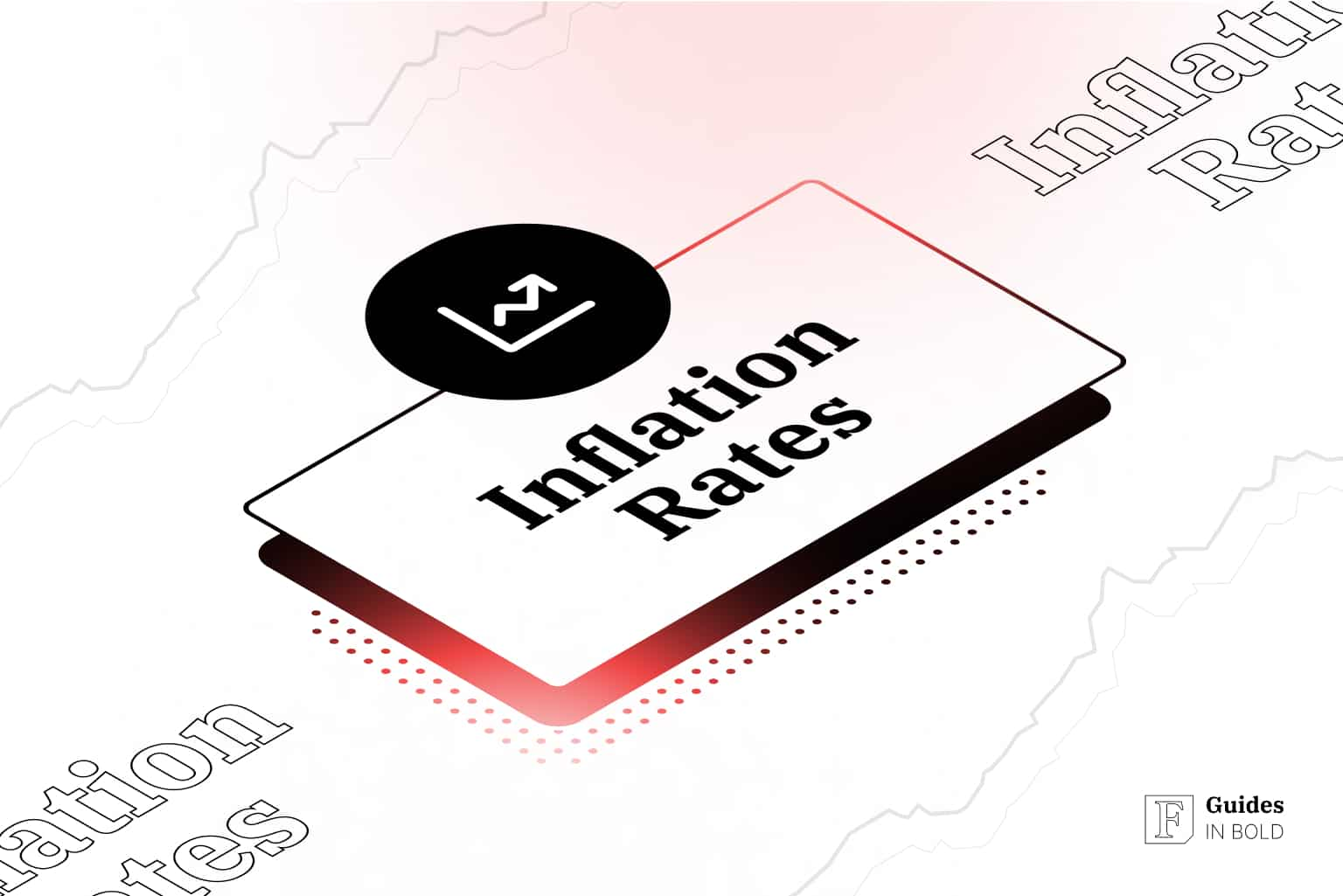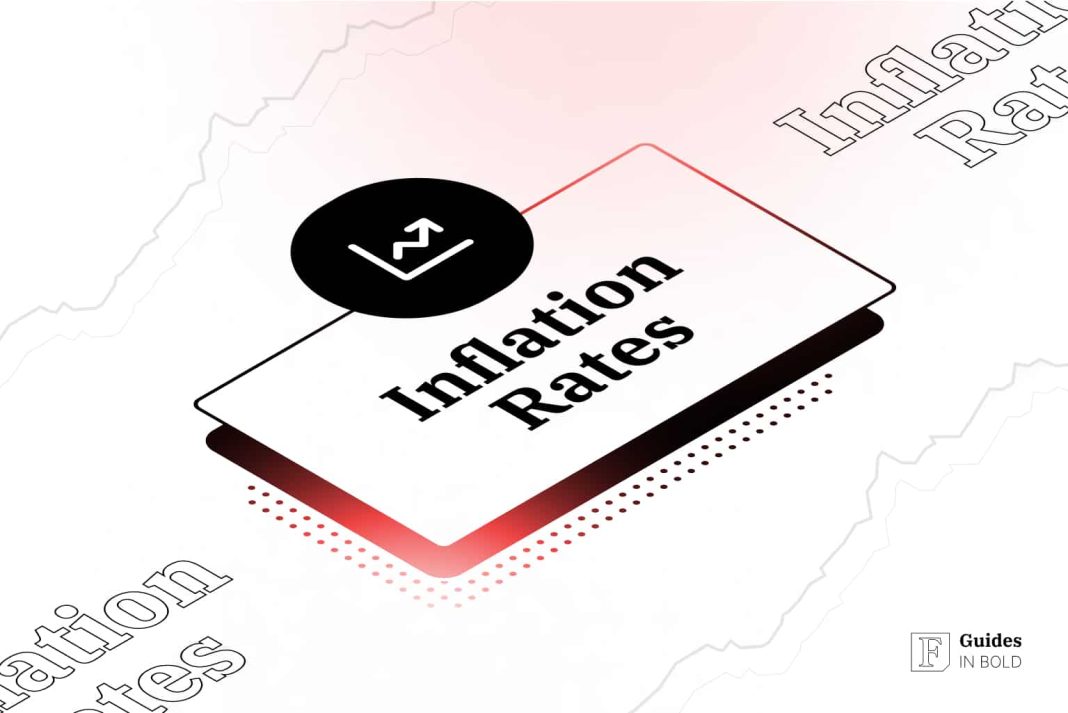 The Impact of Inflation on Olive Oil Prices
The Impact of Inflation on Olive Oil Prices
Introduction:
Yesterday, I visited my favorite local grocery store, a family-owned boutique known for its customer focus and excellent selection of products from around the world. However, I was shocked when I went to replenish my olive oil and found that the price had doubled in just a few months. Concerned about this sudden increase, I spoke to the proprietor, who explained that the rising prices were due to inflation and had affected not only customers but also retailers and suppliers.
The Global Olive Oil Problem:
Interestingly, the issue of rising olive oil prices isn’t limited to my local grocery store. It has become a worldwide problem, particularly in European economies. Some countries have even removed sales taxes on olive oil in an attempt to keep prices as low as possible. However, despite these efforts, everyone is feeling the pain of increasing costs. The question is, what is causing this inflationary pressure on olive oil?
The Mystery of Inflation’s Impact on Products:
In a high-inflation environment, it’s always puzzling why certain products and services are hit harder than others. The injection effects of new money entering the economy are unpredictable, leading to sporadic price increases across different sectors. It’s like playing a game of whack-a-mole, where inflation pops up unexpectedly and affects one area before moving on to another.
The Unpredictability of Inflation:
One of the reasons inflation is so difficult to calculate is its lack of uniformity. It can be sporadic and seemingly random, making it challenging to predict its precise effects. For example, it may hit gas prices hard one moment and then shift to eggs or cardboard. This unpredictability makes it essential for individuals to adjust their sense of personal well-being based on an accurate inflation number.
The Illusion of Rising Stock Prices:
Another area affected by inflation that often goes unnoticed is the financial sector. While rising stock prices may initially seem like good news, they are actually an expression of inflation. When underlying values remain unchanged, increasing stock prices only make them more expensive. This illusion of prosperity disguises the reality of inflation’s impact on the economy.
The Challenge of Calculating Inflation:
When individuals experience rising prices, they naturally seek adjustments in their pay. However, the Bureau of Labor Statistics (BLS) provides the only official inflation adjustment, which is subject to numerous “hedonic” adjustments. These adjustments can often render an obvious increase as a decrease because economists argue that consumers are receiving better products or services. As a result, the BLS inflation estimate may not accurately reflect the real increase in prices.
The Devastating Effects of Miscalculations:
The miscalculations and exclusions in the Consumer Price Index (CPI) have devastating effects on individuals. The CPI excludes taxes, interest on everything, most types of insurance, and new forms of fees. It fails to account for substitutions in buying habits or shrinkflation, and its statistical models for housing and rent are difficult to verify. These inaccuracies lead to inadequate adjustments in pay that fail to match the true increase in prices.
The Impact on Businesses and Suppliers:
The effects of inflation are not limited to individuals; they also impact businesses and suppliers. My friend who runs a grocery store faces rising costs for repairs and replacements due to inflation. The increasing prices of essential equipment and supplies put a strain on his company’s finances, making it challenging to keep the business from operating at a loss. Unlike suppliers who can increase prices without negotiation, employers are reluctant to raise wages during a cost squeeze.
The Discrepancy in Income Growth:
Despite official claims that personal income has kept up with inflation over the past three years, this seems unlikely based on personal experiences. The Census Bureau’s annual report on income trends, which will be released in the fall, is expected to reveal a more accurate picture of the income decline caused by inflation. If my estimate of a 35-50 percent increase in inflation since 2021 holds true, it would mean a significant loss in national output and a decline in the standard of living for many individuals.
Conclusion:
Inflation’s impact on olive oil prices is just one example of the broader effects it has on the economy. The unpredictability and sporadic nature of inflation make it difficult to calculate accurately, leading to miscalculations and exclusions that have devastating effects on individuals and businesses alike. As incomes fail to keep up with rising prices, the standard of living for many is declining. It’s time to acknowledge the reality of inflation’s impact and address the systemic failures that have allowed it to persist.


